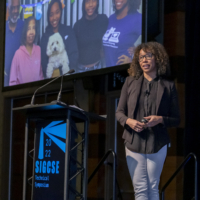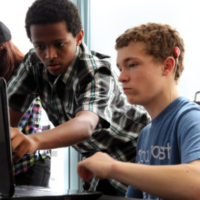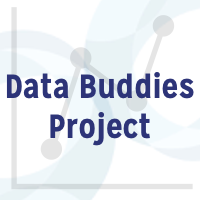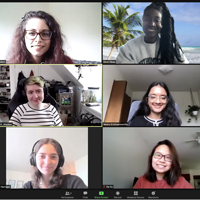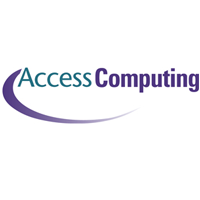
Expanding the Pipeline: The Context, Importance, and Experience of Writing Departmental BPC Plans
Efforts to increase participation from minoritized communities has been going on in earnest for over a decade. Unfortunately, we have yet to expand the group of faculty and staff engaged in these activities and have only made a marginal difference in who is studying computing. This article discusses BPC Plans as an attempt to supplement and scale-up the computing community’s efforts to address the issue of lack of diversity in computing.


